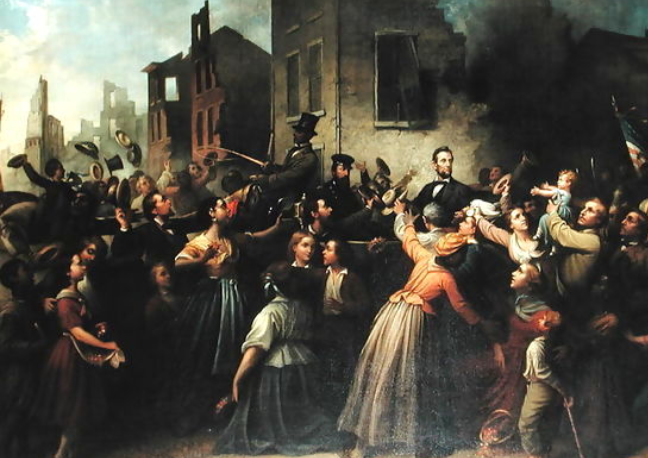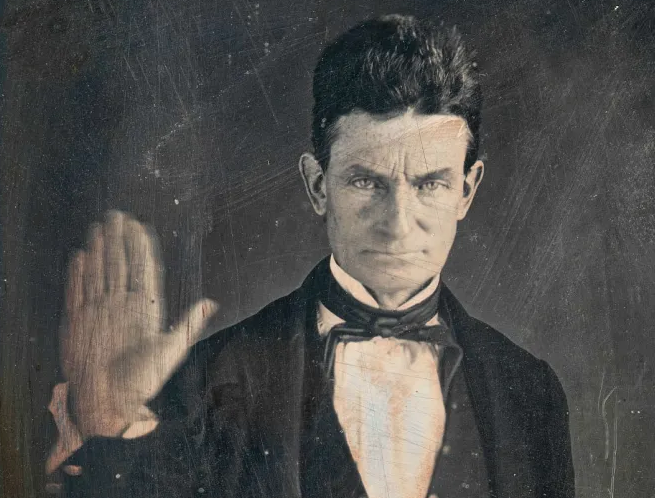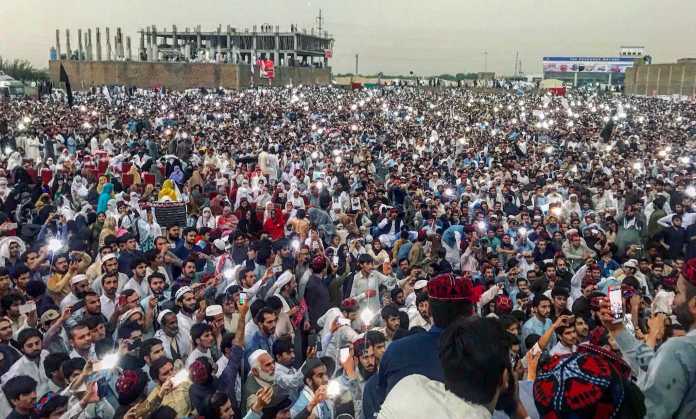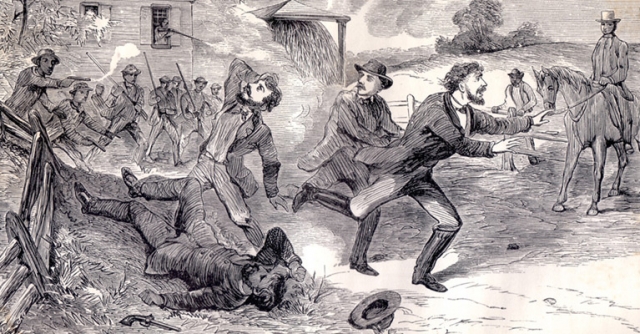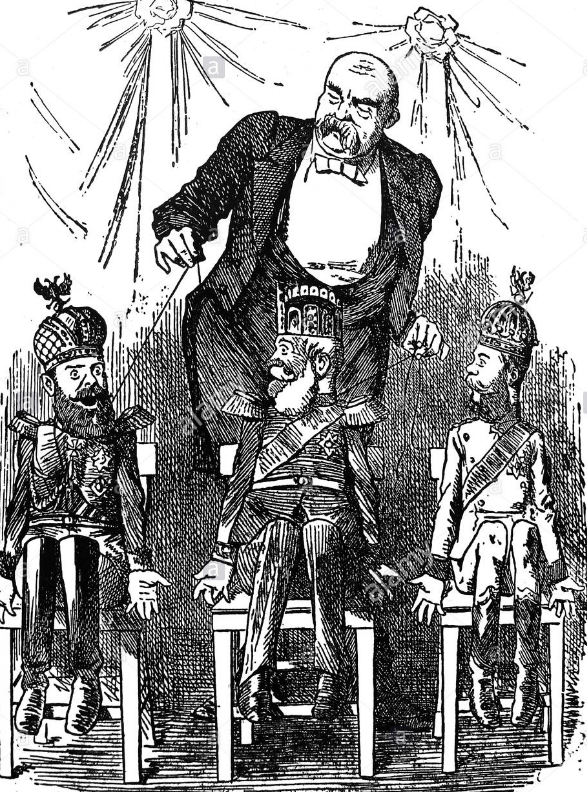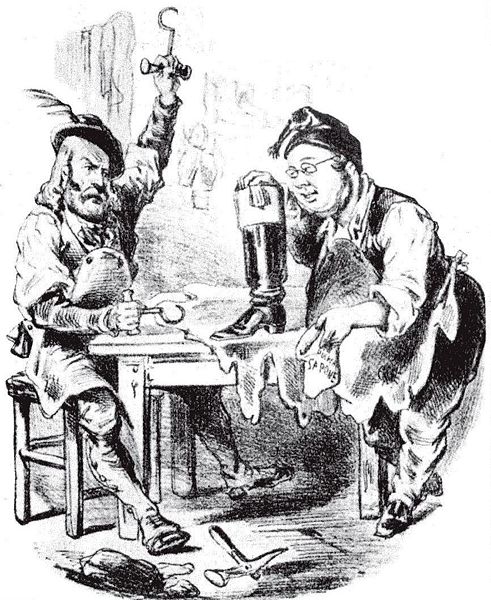Maria Victor and I talk about the December 6 legislative elections in Venezuela. Turnout was low at 31%, but that’s normal for legislative elections* in a pandemic (Romania had around the same turnout on the same day, as others have pointed out). We talk about the electoral system in Venezuela, why it’s more fair than you’ve been led to believe, the disgraceful role Canada continues to play in trying to foment a coup in Venezuela, and what the new legislature is likely to do.
*Correction: Maria refers to the previous legislative elections in Venezuela as having a turnout of 25% – the 2015 legislative elections actually had a turnout of 75%. The 2005 legislative elections, however, had a turnout of 25%.


